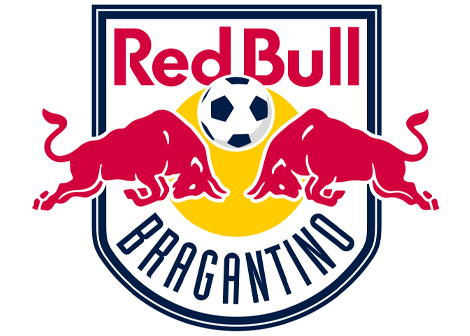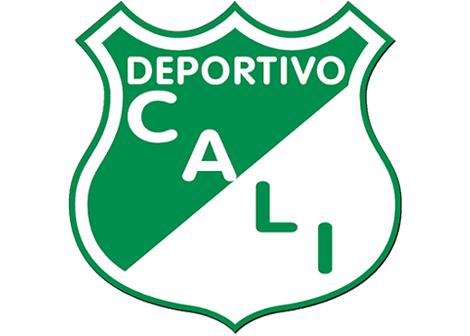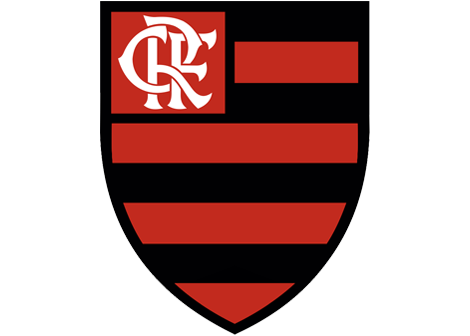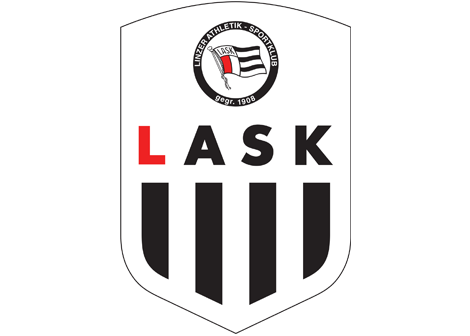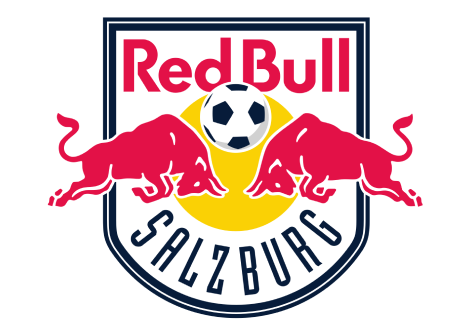Exams, commission caps and no more family pay days: reform is coming to the agency world and here is what you need to know.
We’ve got no problem with rules and regulations but only if they’re done properly and legally — and these aren’t. So, I’m sure we’ll be in court with FIFA soon, in lots of different countries. We’ve got no problem with new rules, but let’s sit down and write them together.
With transfer sums and player salaries having risen over the years, so too have agent commission fees. So FIFA decided to act by implementing a range of regulations.
And, as consultations with football’s governing body continue over the summer months, here TransferRoom details 10 key facts agents will need to know - and clubs need to be aware of - when conducting business in the transfer market:
1. Mandatory exam
Agents will be required to pass an exam, which had been abolished in 2015. Once licensed, agents must undergo continuing education to maintain their license.
2. Limit on income from player's gross salary
An agent will be limited to a maximum of 3% of the player's gross salary (if over $200,000 per year) when they are acting on behalf of the player OR on behalf of the buying club. If the player earns under $200,000 per year, the service fee is capped at 5%.
3. Income limit for dual representation
If the agent is representing both the buying club and the player, where both parties are aware of the possible conflict of interest and written consent has been given, they will be entitled to a maximum of 6% of the player's gross salary (if over $200,000 per year). The cap is 10% if the player's gross salary is under $200,000 per year.
4. Maximum income from gross transfer fee
An agent will be entitled to a maximum of 10% of the gross transfer fee when they are representing the selling club.
5. Ban on triple representation
An agent will not be able to simultaneously represent the buying club and the selling club; the selling club and the player; nor all three parties.
6. Limit on percentage of player's future earnings
Representatives working on behalf of the player, or a buying club, will also have their commissions limited to 10% of a player’s future annual earnings under $200,000 and at 6% for anything above, for the length of an agreed contract.
7. The client pays
Clubs will be prohibited from paying agents’ fees on players’ behalf, unless their remuneration is below $200,000. It has been standard practice in many countries for clubs to pay agents fees on players’ behalf.
8. Ban on family commission
Family members will effectively be banned from earning commission payments unless they are licensed agents. Alf-Inge Haaland (pictured with Erling Haaland) is said to have received a large chunk of the €40m in agents fees for his son's move to Manchester City.
9. Clearing house to approve deals
Every international deal will pass through an independent ‘clearing house’. Five per cent of all fees will be sent to the clubs responsible for developing the transferred player.
10. Date of implementation
The provisions regarding becoming a football agent, including the requirement for agents to pass an exam and obtain a licence, entered into force on 9 January 2023. However, there is a transition period as the remainder of the regulations relating to acting as a football agent, including the obligation to only use licensed football agents, the cap on agents’ fees and limits on multiple representation, will not enter into force until 1 October 2023.
Of course, that timeline may be skewed by the likelihood of legal challenges.
Jonathan Barnett, Executive Chairman of ICM Stellar Sports, and Vice-President of The Football Forum, told The Athletic in early 2022: “We’ve got no problem with rules and regulations but only if they’re done properly and legally — and these aren’t. So, I’m sure we’ll be in court with FIFA soon, in lots of different countries.
“We’ve got no problem with new rules, but let’s sit down and write them together. These rules have been written by people at FIFA who know nothing about agents. They’ve never been inside a football agency. It’s like me writing rules for brain surgeons.
“The arrogance of FIFA is the issue here.”
Book an intro call
Trusted by decision makers from 800+ clubs worldwide











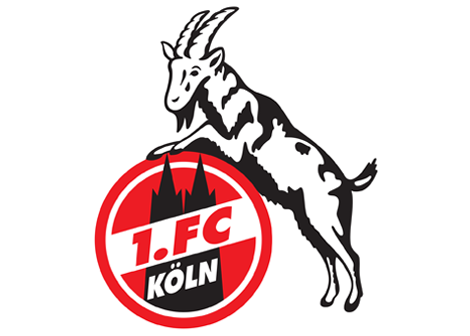
































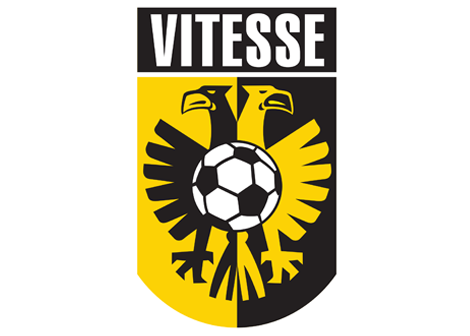



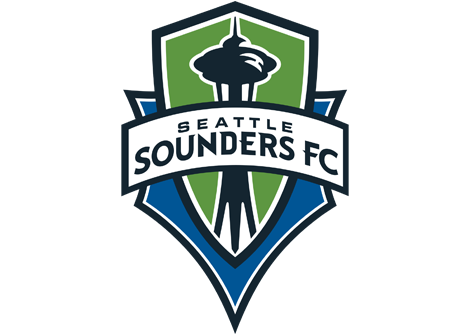






























/SWEDEN/Malm%C3%B6%20FF.png)





